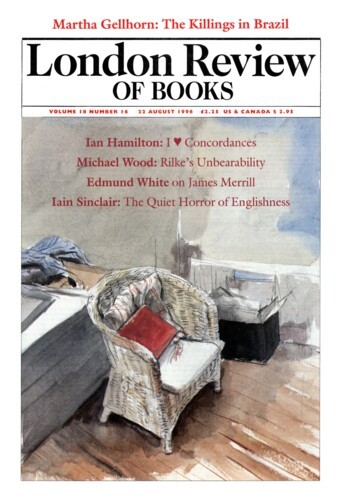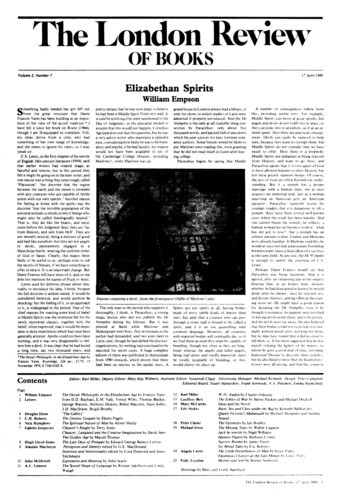Educating the Blimps: military history
Geoffrey Best, 10 June 1999
Basil Liddell Hart was ‘the captain who taught generals’. His active participation in fighting was limited to three brief bursts during the First World War, the last and by far the worst ending with a nightmarish experience of panic and gas in Mametz Wood, on the Somme, which left him unfit for further front-line service. In proportion as the Army’s hold on him weakened, his critical interest in its mentality and methods increased. He began to write about training and tactics and at once was noted for the clarity and confidence of his prose and the originality of his ideas. His appointment as military correspondent of the Morning Post in 1924 gave him non-professional readers for the first time. He moved to the Daily Telegraph in 1925, where he stayed until climbing to what was then the top of the newspaper tree, the Times, in 1934.‘




